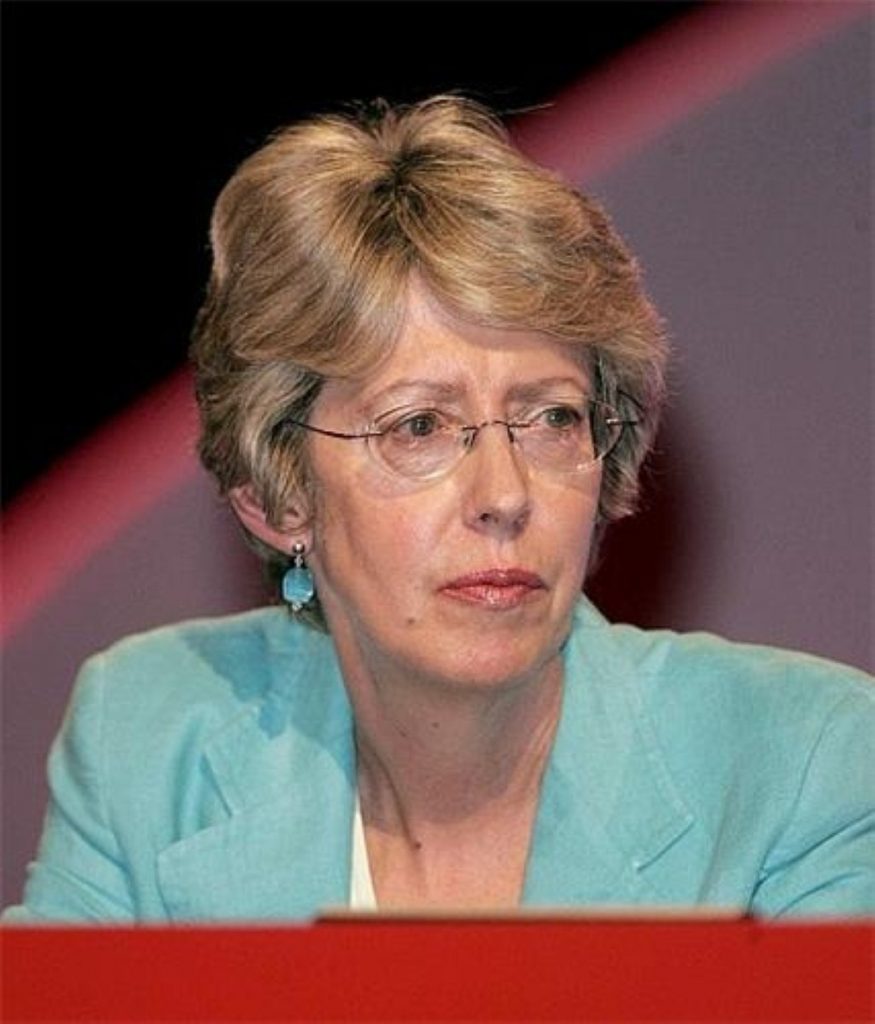Hewitt calls for higher taxes on alcopops
The health secretary has called for taxes on alcopops to be increased to stem the rise in binge drinking among young people.
Patricia Hewitt has written to chancellor Gordon Brown asking him to “really increase taxes on alcohol” and particularly the sweet alcopops preferred by many teenagers.
But the Treasury issued a cool response to her suggestion, saying “tax is a matter for the chancellor” and adding: “In advance of the Budget he routinely considers a wide range of representations from a large number of people.”
Figures from the Institute of Alcohol Studies this summer showed 29 per cent of teenage girls and 26 per cent of boys were binge drinkers in 2003, and a quarter of 15 and 16-year-olds had been on heavy nights out at least three times a month.


A series of campaigns have been launched to warn young people of the dangers of drinking but speaking to children’s weekly newspaper First News, Ms Hewitt suggested raising taxes on alcohol could have an effect.
“I am asking Gordon Brown, as the chancellor, when he comes forward with the Budget next year, to really increase taxes on alcohol,” she said.
“And particularly things like alcopops and some of the stuff that quite a lot of teenage boys and girls are drinking because we’ve got a real problem with binge drinking among young people.
“We’ve got enormous numbers of young people, particularly on a Friday and Saturday night, ending up in the casualty department of hospitals because they’re drunk. They’ve fallen over and bashed their heads in because they’re drinking too much.
“I think putting taxes up on alcohol would help discourage young people from spending too much money on alcohol.”
The tax on alcopops was raised to the same level as that on spirits in 2002, and the Treasury has said that since then, there has been a 25 per cent fall in the sale of the drink. Mr Brown is said to be reluctant to raise it any further, however.
David Poley, chief executive of the Portman Group, which promotes responsible drinking on behalf of the alcohol industry, also warned that raising taxes was a “superficially attractive solution” but did not necessarily work.
“Sure, if we increase taxes we are likely to reduce the population’s overall consumption of alcohol, but that is not really the problem,” he told Today.
“The problem is more to do with how much certain individuals drink and the pattern of their drinking. High taxation is a relatively blunt instrument to deal with this complex problem.”
Recent figures from the Office for National Statistics (ONS) also suggest that the preferred drink for most teenagers is actually beer, lager or cider.
A survey of 11 to 15-year-olds last year found 73 per cent drank these, compared to 63 per cent who drank alcopops, although this rises to 73 per cent among teenage girls.









